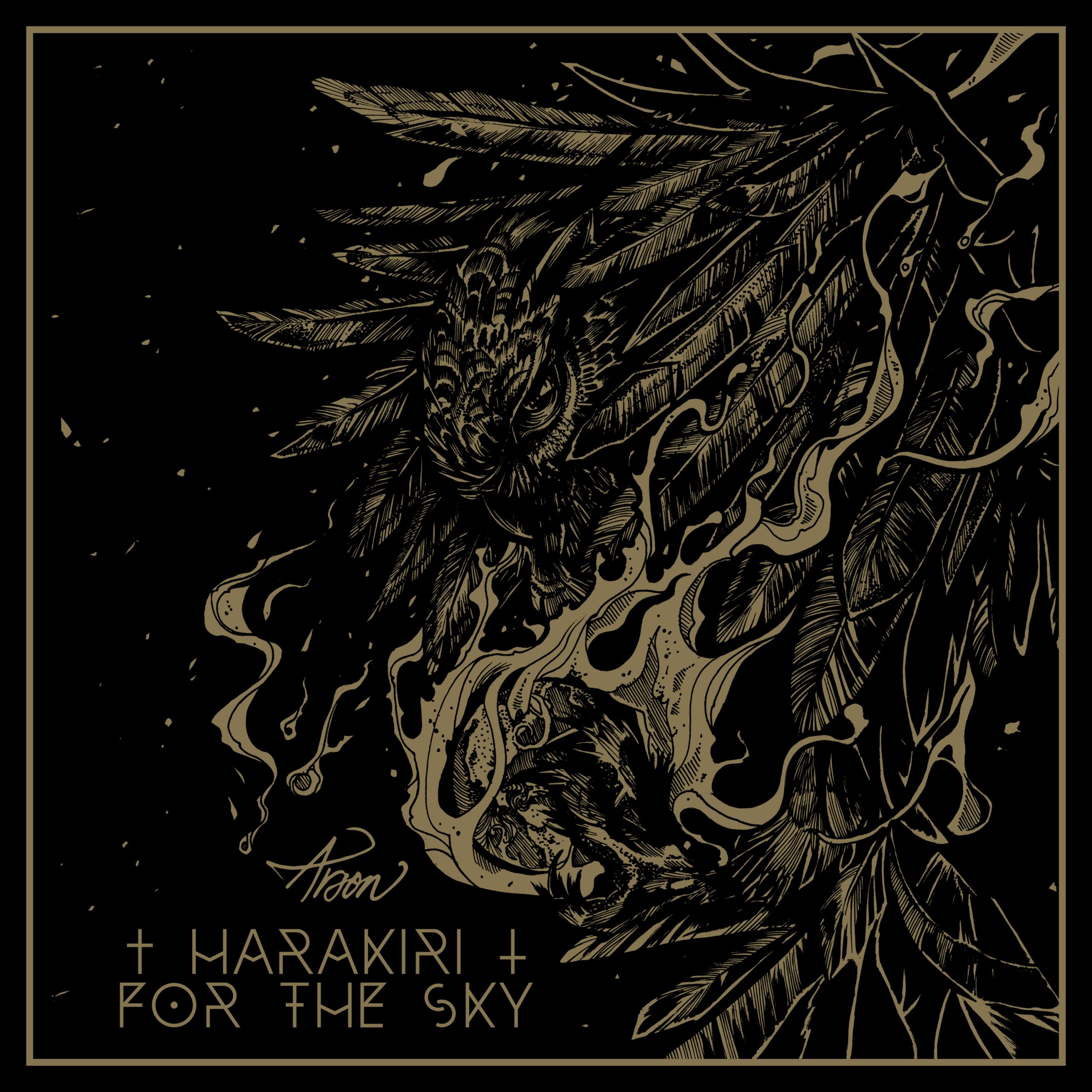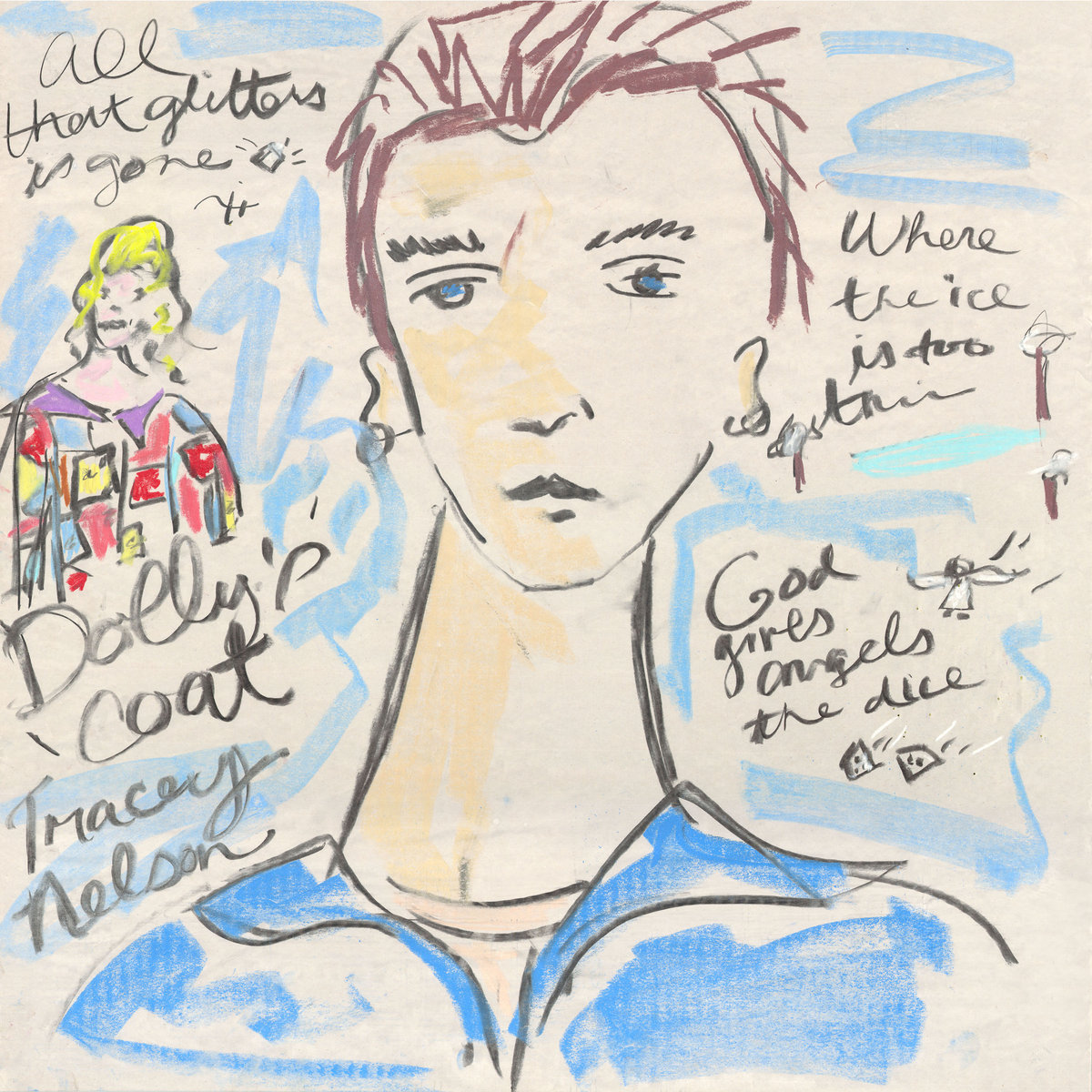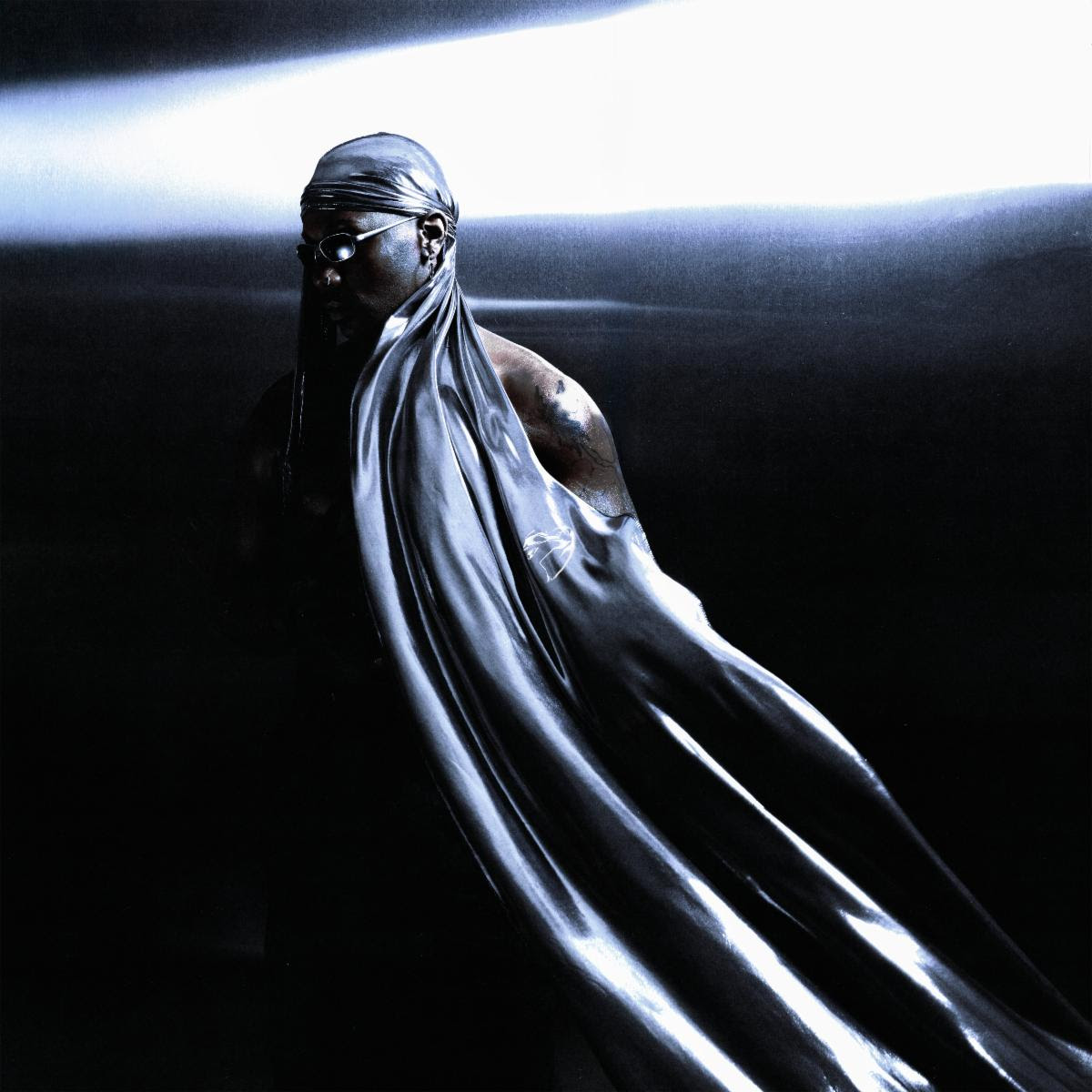Language is a pretty ineffective tool for conveying feeling. Words function only to the extent both parties agree on their definitions, and even then, only in relation to other words. Freed from the prison of language, though, the human voice has a remarkable capacity for expressing emotion: There are 40 different acronyms for laughter, but none communicate anything so immediately and honestly as actual laughter. I'm pretty sure that's why I gravitate toward music that blurs, obscures, or negates the lyric component. When I'm alone, in my headphones, I'm not there to think; I'm there to feel.
Harakiri For The Sky are an Austrian duo whose music obliterates the head and hits the body like lightning. Their style is cinematic and soaring, but it also kicks righteous ass. Their playing is equally agile and ferocious, full of light-speed double-kick drums and tremolo-picked guitars and lion-roared vocals. Their songs are expansive and encompassing, but built around Maiden-esque lead lines and monster riffs: major-chord progressions that climb like the Himalayas. For the purposes of our conversation, I'm gonna file them under post-metal: You'd be safe comparing them to bands like Deafheaven, Envy, or Alcest, and if you like those bands, you'll like Harakiri, too.
But if I were being a rigid taxonomist, I'd say that Harakiri are an extension of an old microgenre called "depressive suicidal black metal," best exemplified (IMHO) by the Australian act Woods Of Desolation. That style of music shares a lot of tonal similarities with stuff like Watain or Winterfylleth or Agalloch, but instead of singing about dumbass garbage like Satan or Odin or the Cascadian wilderness, DSBM artists sing about pure existential pain. Some people feel more comfortable when their metal doesn't allow for humanity -- they want Satan or nothing -- but I'm not one of them. For me, when I hear a dude fucking screaming, it hits a whole lot harder when he's really fucking screaming.
Anyway, Harakiri For The Sky (whose core comprises multi-instrumentalist M.S. and vocalist/lyricist J.J., but they tour with a full band) have released three LPs to date, and their most recent, last year's Trauma, was a behemoth. It contained one of my favorite songs of 2016, a heart-stopper called "Funeral Dreams." But their upcoming fourth LP, Arson, is easily the best thing they've ever done. It's an album best experienced as an album -- its scope is too vast to fit into a single song. But a single song is all you get right now. That song is called "Tomb Omnia" and it rules. Here's what J.J. had to say about it:
This song is about one of the darkest and mournful chapters in my family’s history and the impact it had on its members, especially the one it had on myself. Sadly there are happenings and experiences far formative as its protagonist was aware of while acting. But these happenings and actions are so intangible disturbing and unsettling they wander on and keep up destroying lifes relentless in their future.
There are some grammatical mistakes in that statement, but I left them because, frankly, I wasn't sure how to fix them. I wasn't sure what he was trying to communicate. But it doesn't matter, because when I listen to "Tomb Omnia," I fucking get it. You will, too. For a long time, I didn't totally understand why a style of music called "depressive suicidal black metal" was also the most inspirational, awe-inspiring, life-affirming shit I'd ever heard. But then one day, it hit me: This stuff isn't meant to recreate the numbed, gray experience of suicidal depression. It's what you listen to when you are there -- when you are alone, in your headphones, and nothing else can reach you. You'll feel this.
Arson is out 2/16 via AOP Records. Pre-order it here.






